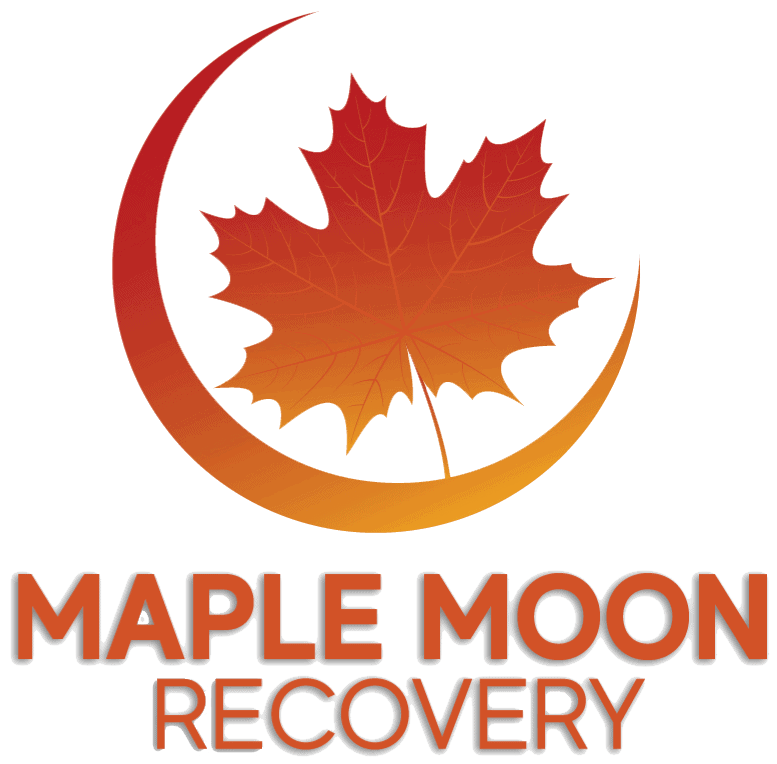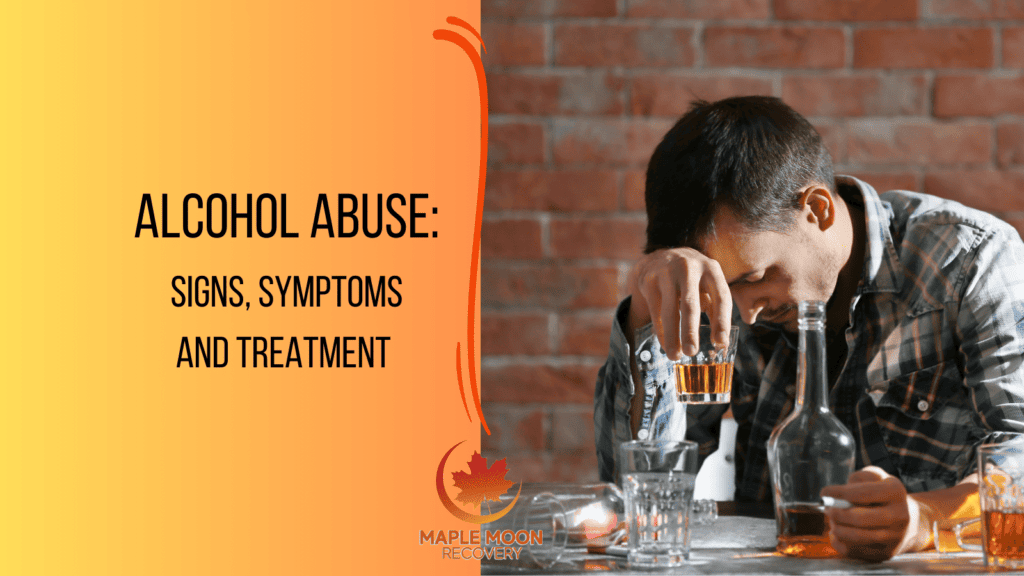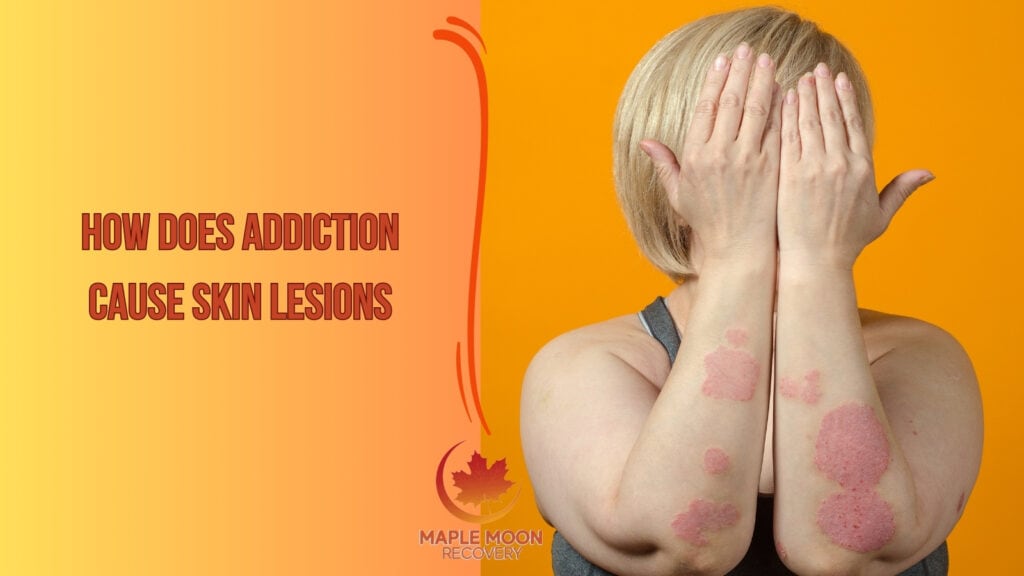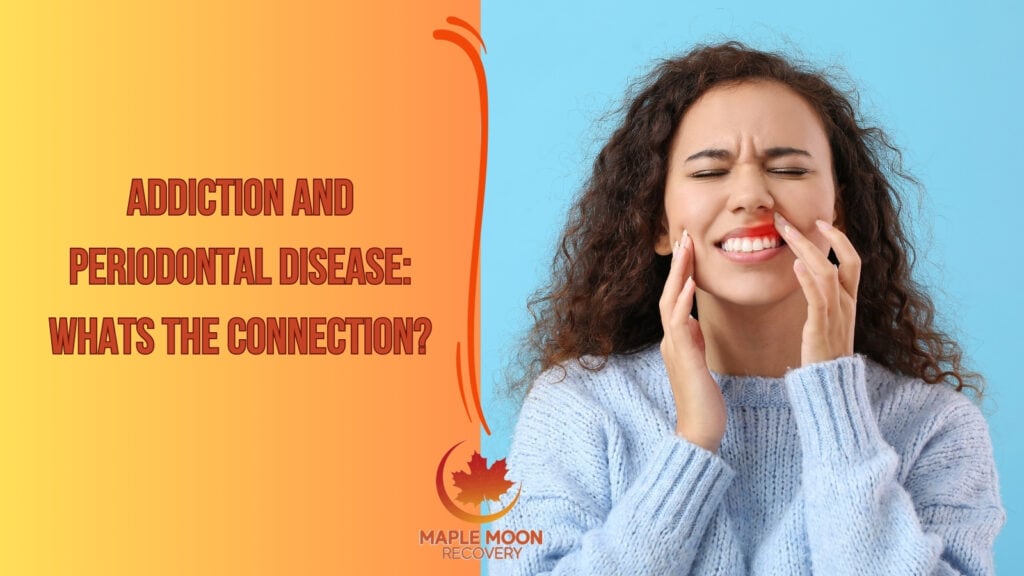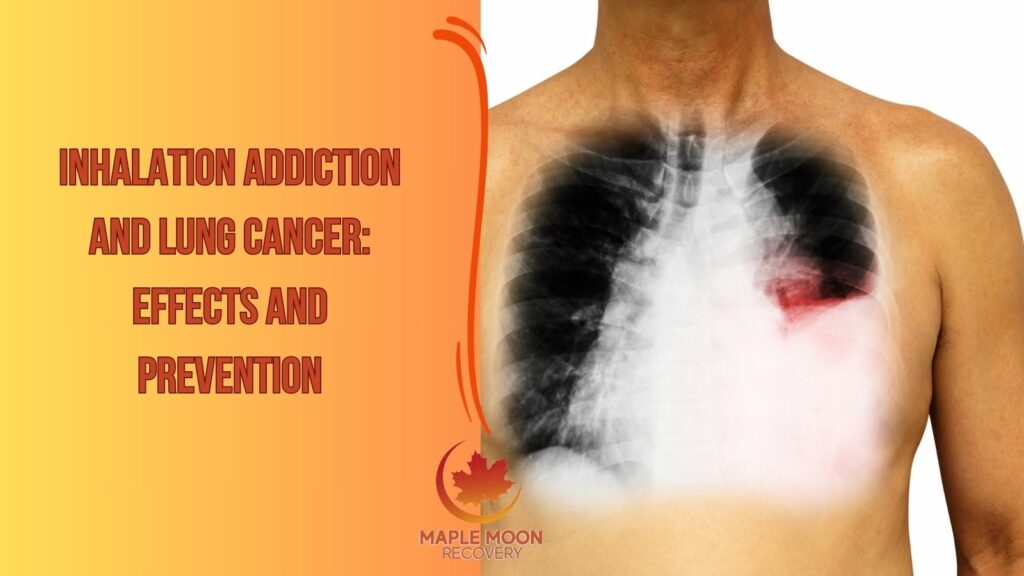Alcohol abuse is an issue that touches the lives of many, either personally or through family and friends. It’s a common struggle that can lead to serious health and social problems, resonating deeply across communities. Recognizing the signs and seeking treatment for alcohol abuse are crucial steps towards healing and recovery.
Alcohol abuse is characterized by the excessive or inappropriate consumption of alcohol, leading to health risks and life disruptions. Signs of this condition vary, ranging from frequent binge drinking to physical dependence and withdrawal symptoms. Understanding these signs is key to acknowledging the need for help and the types of treatments available.
We’ll examine the key indicators of alcohol abuse, highlighting the need for prompt attention. Delving into the spectrum of treatment methodologies, our focus will range from detoxification processes and therapeutic interventions to supportive community networks and strategies for sustained recovery. This comprehensive overview aims to equip those affected with the knowledge and tools essential for navigating the path to sobriety and improved health.
What is Alcohol Abuse?
Alcohol abuse refers to the pattern of excessive drinking that leads to significant impairment or distress. This can manifest as frequent binge drinking, consistent heavy alcohol consumption, or drinking that results in health, legal, work, or relationship problems. Unlike alcohol dependence, abuse doesn’t necessarily include physical craving, loss of control, or physical dependence, but it still poses serious health risks and often requires intervention.
Who Is at Risk of Alcohol Abuse?
Alcohol abuse is a pervasive issue that can affect individuals from all walks of life, regardless of age, gender, socioeconomic status, or ethnicity. It can ensnare young adults experimenting with their boundaries, professionals facing workplace stress, parents managing home responsibilities, or seniors coping with life changes.
Alcohol Abuse is not confined to any single demographic or social class. Many encounter it as they seek solace or escape from stress, trauma, or peer pressure, while others may gradually slip into abusive patterns through increased social drinking or self-medication. The complexity of alcohol abuse is such that it can quietly weave itself into the fabric of daily life, often going unnoticed until the consequences become dire.
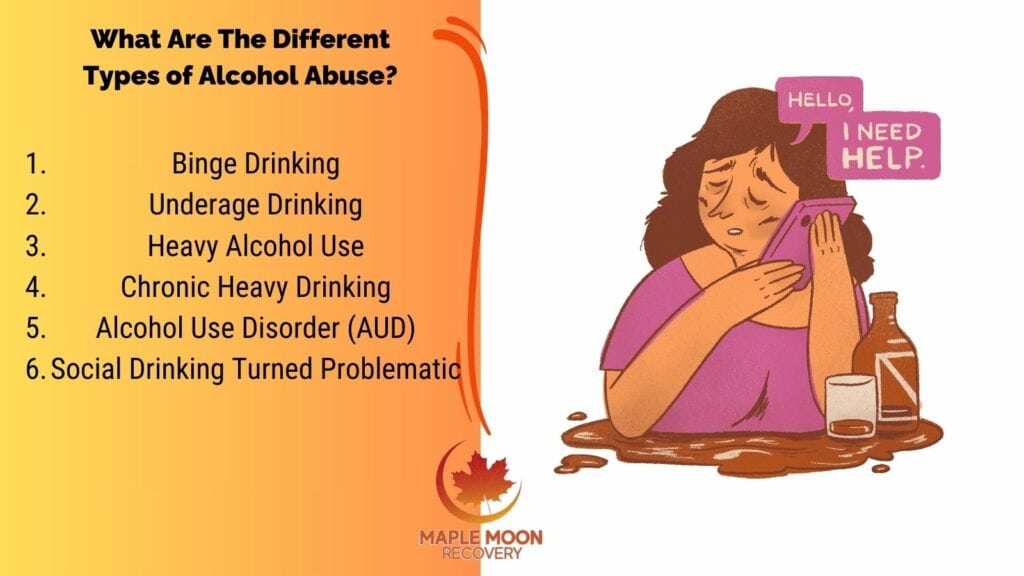
What Are The Different Types of Alcohol Abuse?
- Binge Drinking: Consuming large amounts of alcohol in a short period, typically defined as five or more drinks for males, and four or more for females, in about two hours.
- Heavy Alcohol Use: The Substance Abuse and Mental Health Services Administration (SAMHSA) defines heavy alcohol use as binge drinking on five or more days in the past month.
- Chronic Heavy Drinking: Regularly consuming alcohol in large quantities, leading to a high tolerance and dependence.
- Social Drinking Turned Problematic: Initially casual or social drinking that escalates in frequency and quantity, leading to alcohol-related problems.
- Alcohol Use Disorder (AUD): A medical condition characterized by an impaired ability to stop or control alcohol use despite adverse social, occupational, or health consequences.
- Underage Drinking: Alcohol consumption by individuals under the age of 21, which is illegal in many countries and can lead to early onset of abuse patterns.
Recognizing the type of alcohol abuse is essential in determining the appropriate treatment and support needed.
Signs and Symptoms of Alcohol Abuse
Signs and symptoms of alcohol abuse include repeated binge drinking, a persistent desire to cut down on alcohol use unsuccessfully, and continued consumption despite understanding its negative impact on personal, professional, or social life. Physical indications might involve blackouts, tolerance development, and withdrawal symptoms when not drinking.
Behaviorally, it often leads to neglecting responsibilities, risky behavior like drinking and driving, and strained relationships due to drinking habits, signaling a need for professional evaluation and intervention. Some other symptoms include:
- Repeated binge drinking: Often drinking excessively to the point of intoxication.
- Inability to reduce consumption: Making unsuccessful efforts to control or stop drinking.
- Persistent use despite problems: Continuing to drink even when it causes relationship, work, or legal troubles.
- Physical signs: Experiencing blackouts, increased tolerance, and withdrawal symptoms like shaking or nausea.
- Behavioral changes: Overlooking responsibilities, engaging in risky activities like drunk driving, and having conflicts with others due to drinking.
- Psychological symptoms: Constant thoughts about alcohol and mood disturbances, particularly when not drinking.

What are the Consequences of Alcohol Abuse?
Alcohol abuse can have detrimental effects on the body, impacting multiple organ systems. Chronic heavy drinking can lead to liver diseases such as fatty liver, hepatitis, and cirrhosis. The cardiovascular system is also at risk, with conditions like hypertension, irregular heartbeats, and an increased likelihood of stroke.
Alcohol can also disrupt the digestive system, leading to issues like gastritis and pancreatitis. Neurologically, it can cause cognitive impairments, mood disorders, and coordination problems. Additionally, alcohol’s impact on the immune system makes the body more susceptible to infections and its interference with nutrient absorption can lead to malnutrition and vitamin deficiencies.
Who is Affected by Alcohol Abuse?
Alcohol abuse doesn’t discriminate, impacting individuals across all walks of life, regardless of age, gender, ethnicity, or social status. While certain groups may have higher rates of consumption, the potential for abuse is widespread, often rooted in a complex interplay of genetic, psychological, and environmental factors.
From young adults experimenting with binge drinking to older individuals using alcohol to cope with life’s challenges, the spectrum of those affected is as broad as it is diverse, making alcohol abuse a universal concern.
Is Alcohol Abuse Hereditary?
Alcohol abuse can indeed have hereditary factors. Research suggests that genetics can play a significant role, accounting for about half the risk of developing alcoholism. Having a family history of alcohol abuse can increase the likelihood that an individual will also struggle with alcohol.
However, it is not solely determinative; environmental factors, mental health, peer influences, and individual choices also contribute significantly to the risk of alcohol abuse. It’s the combination of genetic predisposition and life experiences that often influences the development of alcohol-related problems.
Treatment Options for Alcohol Abuse
Treatment for alcohol abuse often starts with medically supervised detox, followed by therapies like cognitive-behavioral therapy (CBT) to change drinking habits. Support groups such as Alcoholics Anonymous (AA) and medication can help manage cravings and withdrawal symptoms. Addressing any co-occurring mental health issues is also crucial for effective recovery.
- Medically Supervised Detox: Safely managing withdrawal symptoms under medical guidance.
- Therapies: Utilizing Cognitive-Behavioral Therapy (CBT) and other psychotherapies to address behavioral aspects.
- Support Groups: Joining peer groups like Alcoholics Anonymous (AA) for communal support and accountability.
- Medications: Prescribed to reduce cravings, manage withdrawal symptoms, or discourage alcohol intake.
- Co-occurring Mental Health Treatment: Addressing any simultaneous mental health conditions for a comprehensive approach to recovery.

Medically Assisted Treatment for Alcohol Abuse
Medically Assisted Treatment (MAT) for alcohol abuse encompasses a variety of medications that are used in conjunction with counseling and behavioral therapies to provide a “whole-patient” approach to the treatment of substance use disorders. Among the medications used in MAT, Gabapentin has emerged as an off-label option, particularly for those with moderate to severe alcohol withdrawal symptoms.
Pharmacological Interventions: Medications are a central component of MAT for alcohol abuse. These can include:
- Disulfiram (Antabuse): Causes unpleasant effects when alcohol is consumed, which helps deter drinking.
- Naltrexone: Reduces the pleasurable effects of alcohol, which can help decrease the desire to drink.
- Acamprosate (Campral): Helps stabilize brain chemistry disrupted by alcohol abuse, reducing cravings and withdrawal symptoms.
- Gabapentin: Gabapentin is often prescribed to alleviate withdrawal symptoms, reduce cravings, and improve rates of abstinence. It works by stabilizing electrical activity in the brain and affecting the way the nerves send messages to each other.
Relapse Prevention for Alcohol Abuse
Relapse prevention in alcohol abuse treatment involves identifying and managing high-risk situations, building a strong support network, and developing coping strategies to maintain sobriety. This process often includes ongoing therapy, engagement in support groups, and adjusting social situations to avoid triggers. Crucially, it focuses on lifestyle changes and skill development to sustain long-term recovery.
Alcohol Withdrawal Symptoms and Challenges
Alcohol withdrawal presents significant challenges, marked by a range of symptoms that can vary in intensity depending on the duration and severity of alcohol dependency. These symptoms not only cause physical and emotional distress but can also pose serious health risks, highlighting the importance of medical supervision during the withdrawal process.
Symptoms Include:
- Anxiety
- Tremors
- Insomnia
- Nausea
- Sweating
- Headaches
- Hallucinations
- Seizures
- Delirium Tremens (DTs), including confusion, rapid heartbeat, high fever
We’re Here to Help- Maple Moon Recovery Center
Tackling alcohol abuse is a challenging yet achievable journey. It demands dedication, a supportive network, and effective treatment strategies. Maple Moon Recovery Center embodies these principles, providing a nurturing environment tailored to individual recovery needs. With experienced professionals and a strong focus on personalized care, the center is equipped to guide you through each step of the journey.
If you or someone you care about is grappling with alcohol abuse, don’t hesitate to seek help. Recovery is within reach, and Maple Moon Recovery Center is here to support you on this path. Reach out today and take a crucial step towards reclaiming control and building a fulfilling, sober life.
